
The most important thing women can do for her health is to have regular cervical smear tests. Cervical smear tests will pick up any abnormal cell changes, which can be easily treated before they develop into cancer. At some point in their lives most women will have HPV without causing any harm. Despite the fact there is no treatment for HPV, woman's immune system usually does get rid of HPV virus by them self. However, since the HPV vaccine is available both females and males are highly recommended to get the vaccine.
Vaccine is the best precautionary tactic to get protection against this sexually transmitted disease. The recommended age for the vaccination is age 11 to 26 years for both males and females. It is important to bring out that the vaccine won't protect against all types of HPV and women may be infected with more than one type (there are more than 100 types of HPV virus) so it is not guaranteed that they will prevent cervical cancer. However, it is expected that vaccination will prevent most of the more serious precancerous changes.
Vaccination does not represent STD prevention. Despite vaccination it is vitally important for people to protect themselves with safe sex practice!
USE CONDOMS!
Vaccination is given by injection into the muscle, usually the upper arm or thigh. There are three separate doses needed, and the second and third doses are given 2 months and 6 months after the first dose. Vaccination costs approximately $300, and some insurance companies cover the expenses. Vaccination side effects are rare, but possible, and they include redness or pain and swelling at the injection site. Slightly raised temperature, dizziness, sickness, diarrhea and muscle aches are also possible. HPV is the most common sexually transmitted virus in USA and according to CDC least 50% of sexually active people will have genital HPV at some time in their lives, and many of these will not even realize they carry the virus.
- www.cdc.gov/vaccines/parents/diseases/teen/hpv.html
- www.cdc.gov/hpv/parents/questions-answers.html
- Photo courtesy of Doug Jordan by freestockphotos: www.freestockphotos.biz/stockphoto/17096


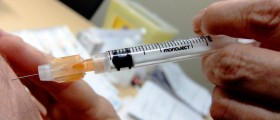
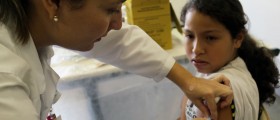

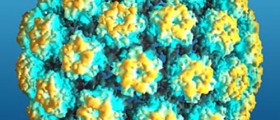





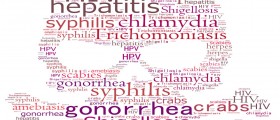

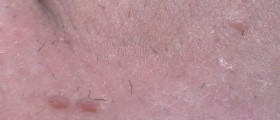


_f_280x120.jpg)
Your thoughts on this
Loading...